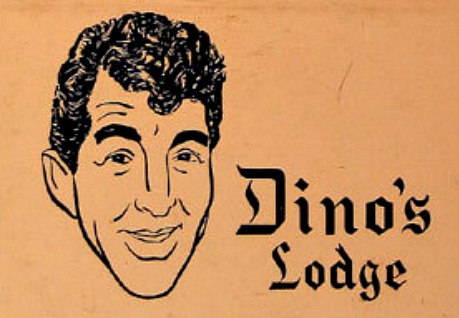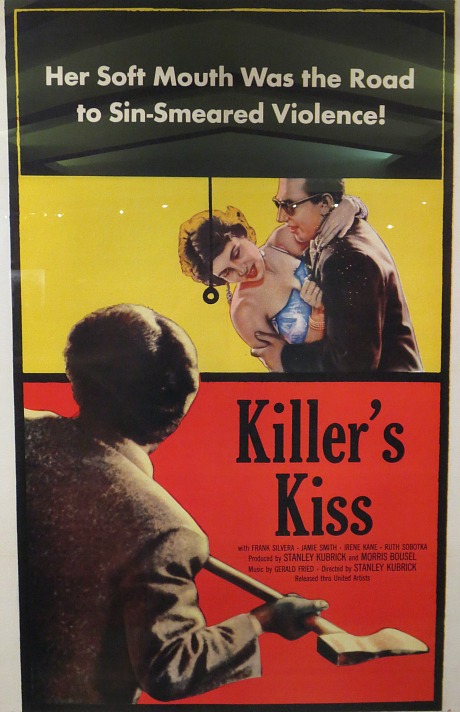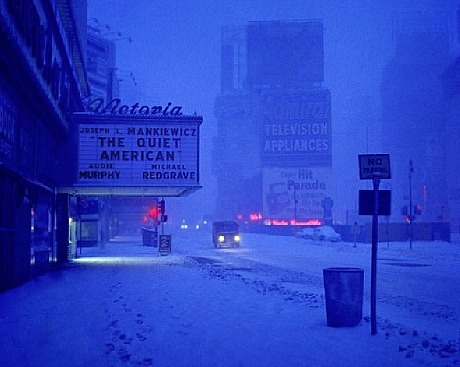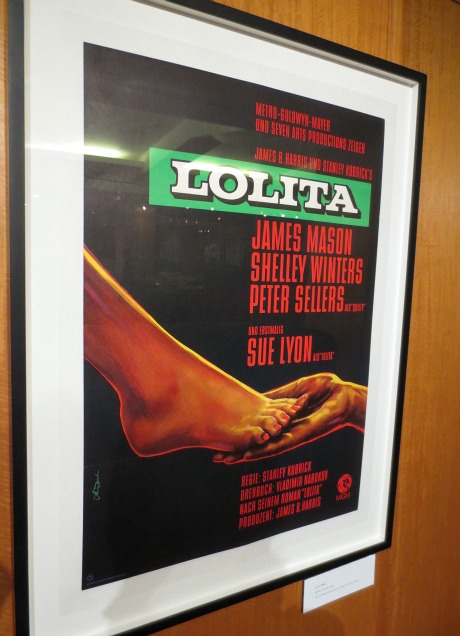New Year’s Eve (i.e., Monday night) is always lame and New Year’s Day is the emptiest day of the year…flatline. The ballot deadline for the Writers Guild awards is at 10 pm on Wednesday, January 2nd with the nominations out the next morning. The Oscar ballot deadline is late on Thursday, January 3rd. And then the National Society of Film Critics will announce their awards on Saturday, 1.5.
And then come the all-important DGA nominations on Tuesday morning, January 8th. The BAFTA nominations will be known on Wednesday morning, January 9th. Oscar nominations happen the next morning — Thursday, January 10th — at the ungodly hour of 5:30 am. That night the 18th Critics’ Choice Movie Awards will broadcast. And then the Golden Globe awards happen on Sunday night, their importance somewhat diminished by the Oscar noms.
So it’ll be a noteworthy six days from 1.8 through 1.13. The most nominations will most likely be collected by Lincoln and Les Miserables, but they have their detractors. I want to see the nominations spread around, please. And there’ll be serious blowback if the DGA doesn’t at least nominate Silver Linings Playbook‘s David O. Russell for Best Director. Just saying.
And then I leave for Park City and the 2013 Sundance Film Festival on Tuesday, 1.15. I like to get up there and settle in and enjoy a full day of peace and quiet (i.e., Wednesday, 1.16) before it all starts on Thursday, 1.17.
When’s the all-media for Gangster Squad (Warner Bros., 1.11)?





